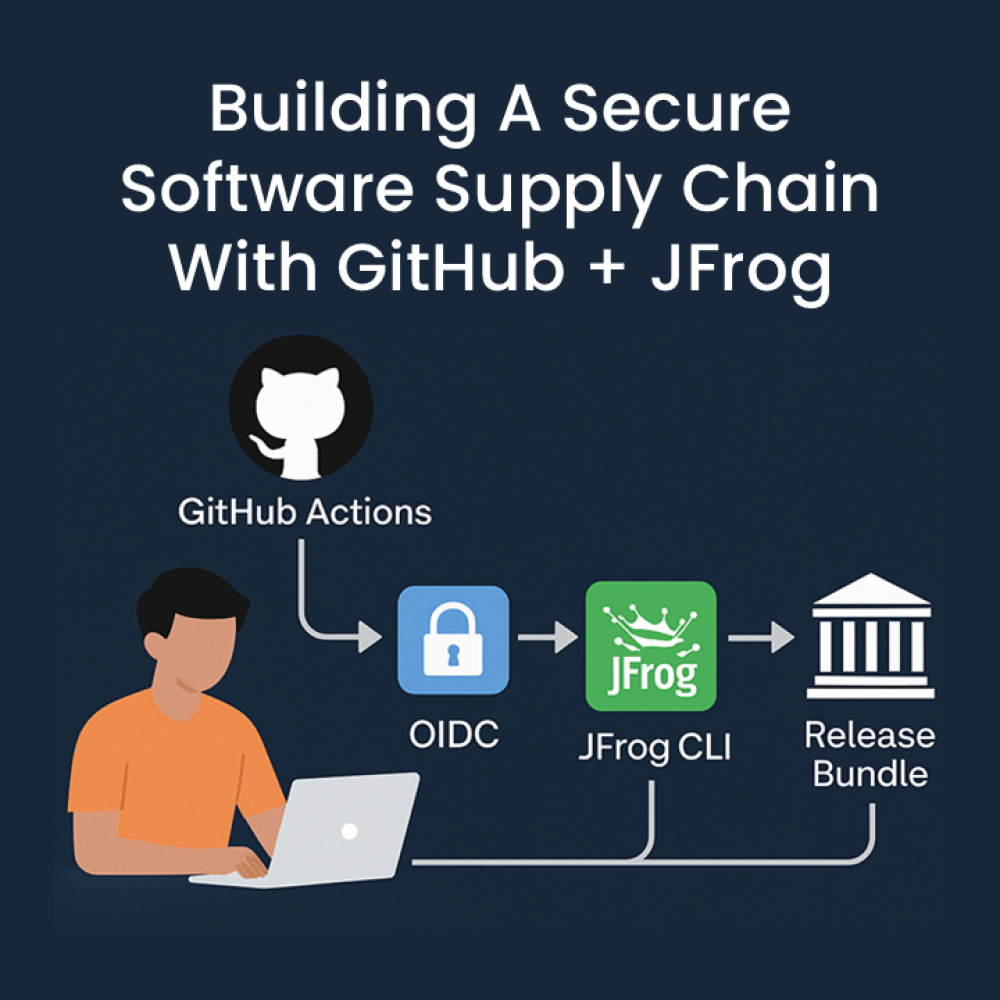Despite organisations understanding the value of AI and machine learning when it comes to implementing it to their businesses it can often be challenging to do so efficiently and to maintain. In many cases this leads to stagnant machine learning that barely scrapes the surface of its potential. This has led to the practice of Machine Learning Operations (MLOps), a comprehensive toolkit and methodology that is guiding the landscape of machine learning system development.
Drawing inspiration from DevOps, MLOps integrates source code management (DevOps), data management (DataOps), and machine learning model management (ModelOps). This holistic approach ensures seamless version control, model comparison, and reproducibility – a combination crucial for sustainable success. MLOps can bolster the reliability, efficiency, and speed of deploying machine learning solutions while ensuring compliance with governance standards. By fostering collaboration among data scientists, ML engineers, and stakeholders, MLOps automates processes, leading to faster model deployment cycles.
Fundamentally, MLOps acts as the foundation, synthesising the different aspects of machine learning development while rigorously overseeing both the software system and machine learning models to ensure peak performance. This methodology is much more than a compilation of tools, it represents a transformative strategy ready to unlock the extensive capabilities of machine learning.

Harnessing MLOps within Databricks’ Unified Ecosystem
Databricks is a web-based multi-cloud platform designed to streamline and integrate data engineering, machine learning, and analytics solutions within a unified service. Its standout feature is the lakehouse architecture, which combines data warehousing capabilities with a data lake. This innovative approach eliminates data silos that often arise from storing data in multiple data warehouses or lakes, offering data teams a single, centralised source of data.
The primary goal of Databricks is to consolidate, optimise, and standardise the process of deploying machine learning models, achieved through its Databricks Machine Learning service. Leveraging the MLOps approach supported by its lakehouse architecture, Databricks offers a comprehensive suite of tools tailored to manage the entire machine learning lifecycle, from data preparation to model deployment.
Central to Databricks’ MLOps strategy is its Lakehouse Platform, which facilitates the joint management of code, data, and models. For the DevOps aspect of MLOps, Databricks enables seamless integration with various Git providers. DataOps relies on Delta Lake for efficient data management, while ModelOps benefits from integration with MLflow, an open-source platform for managing the lifecycle of machine learning models.
DevOps – Streamlining ML Development with CI/CD
In the realm of DevOps, Databricks offers Repos that seamlessly integrate with Git providers such as GitHub, Bitbucket, Azure DevOps, AWS CodeCommit, and GitLab, along with their associated CI/CD tools. These Repos provide robust support for a range of Git operations, including repository cloning, committing, pushing, pulling, branch management, and visual diff comparisons during commits. This integration facilitates the synchronisation of notebooks and source code with Databricks workspaces, ensuring smooth collaboration and version control across the development pipeline.
DataOps – Optimising Data Management with Delta Lake and Feature Store
In the domain of DataOps, Databricks leverages the power of Delta Lake to manage various types of data associated with the ML system. Delta Lake serves as the foundation for handling raw data, logs, features, predictions, monitoring data, and more. By utilising Delta Lake, Databricks automatically versions every piece of data written to the lake, enabling easy access to historical versions using either version numbers or timestamps.
Moreover, Databricks introduces a compelling feature known as the Feature Store. This Feature Store serves as a centralised repository for storing, sharing, and discovering features across teams. The benefits of incorporating a Feature Store into the machine learning development cycle are manifold. Firstly, it fosters consistency in feature input between model training and inference, thereby enhancing model accuracy in production by mitigating online/offline skew. Additionally, the Feature Store eliminates the need for separate feature engineering pipelines for training and inference, reducing the technical debt within the team.
Furthermore, the integration of the Feature Store with other services in Databricks promotes feature reusability and discoverability across various teams, such as analytics and business intelligence (BI) teams. This eliminates the need for redundant feature creation, saving time and resources. Notably, Databricks’ Feature Store supports versioning and lineage tracking of features, allowing for traceability regarding feature creation and usage. This feature enhances governance by facilitating the application of access control lists and ensuring compliance with regulatory requirements.
ModelOps – Navigating Lifecycle Management with MLflow for Greater Control
Within Databricks, ModelOps functionality is empowered by the widely-used open-source framework known as MLflow. This framework equips users with a variety of components and APIs designed to monitor and log machine learning experiments while effectively managing the lifecycle of models. MLflow consists of two primary components: MLflow Tracking and MLflow Model Registry.
MLflow Tracking furnishes users with an API for logging and querying, coupled with an intuitive user interface (UI) for examining parameters, metrics, tags, source code versions, and associated artifacts pertaining to machine learning experiments. This capability enables stakeholders to gain insights into model performance and its dependency on various factors such as input data and hyperparameters.
On the other hand, MLflow Model Registry serves as a collaborative model hub, facilitating centralised management of MLflow models and their lifecycle. This registry seamlessly transitions models from tracking to staging and eventually into production. It handles model versioning, staging assignments (such as “Staging” and “Production”), model lineage tracing (indicating which MLflow Experiment and Run produced the model), and model annotation (e.g., tags and comments). Additionally, the Model Registry offers webhooks and APIs for seamless integration with continuous delivery systems.
Moreover, the MLflow Model Registry enables versioning of corresponding registered models, allowing for smooth transitions between different stages. Databricks further supports the deployment of models from the Model Registry in various modes, including batch and streaming jobs, or as a low-latency REST API, catering to diverse organisational requirements.
To ensure effective model monitoring, Databricks enables the logging of input queries and predictions from any deployed model to Delta tables, providing valuable insights into model performance and aiding in ongoing optimisation efforts.
Conclusion
MLOps is an emerging field with a plethora of tools and platforms available, making it challenging to conduct a straightforward comparison. The selection of the most suitable MLOps tool depends on various factors such as specific business requirements, existing infrastructure, and resource availability.
From our collective experience and exploration of other platforms, we have found Databricks to be the most comprehensive solution. Databricks simplifies MLOps for organisations by offering a robust and scalable MLOps platform with strong collaboration capabilities, integrating seamlessly with version control and CI/CD tools. It supports various data operations with its lakehouse architecture and is cloud-agnostic, facilitating deployments on major cloud services like AWS, Azure, and Google Cloud.
If you’re interested in learning more about Databricks and how it can empower your organisation’s data journey, feel free to reach out to us at TL Consulting Group. Our data experts can help you harness the full potential of your data with Databricks as a unified analytics, data, and machine learning platform.

